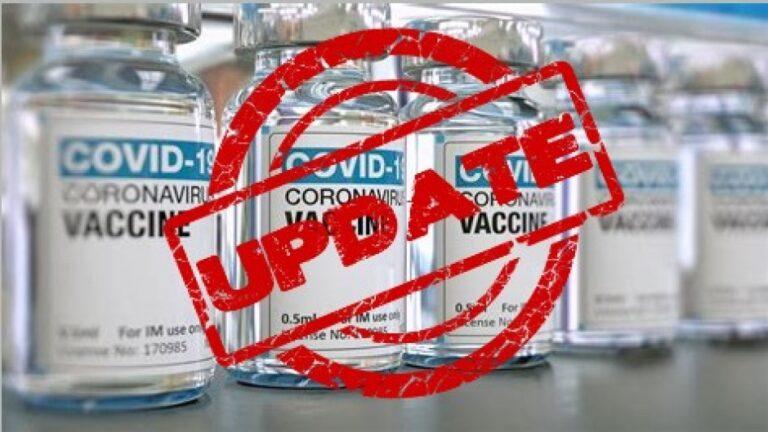Oral Probiotics – Should I consider them in my journey to health?
Improving Your Health with Oral Probiotics
Oral probiotics are a form of probiotic supplements or products specifically designed to support oral health. While probiotics are more commonly associated with gut health, emerging research suggests that they can also benefit your oral health. Here’s how you can potentially improve your health with oral probiotics:
Oral Microbiome Balance: Just like the gut, the mouth has its own microbiome consisting of various bacteria, some of which can be harmful. Oral probiotics contain beneficial bacteria (usually strains of Lactobacillus and Bifidobacterium) that can help maintain a healthy balance in the oral microbiome. This balance is crucial for preventing oral health issues like cavities, gum disease, and bad breath.
Reducing Bad Breath: One of the most immediate benefits of oral probiotics is their potential to combat bad breath (halitosis). By promoting the growth of beneficial bacteria and reducing harmful ones that contribute to bad odors, these probiotics can help keep your breath fresh.
Preventing Cavities: Streptococcus mutans is a harmful bacterium commonly associated with tooth decay. Certain oral probiotics can help inhibit the growth of S. mutans and other cavity-causing bacteria, potentially reducing the risk of cavities.
Gum Health: Oral probiotics may help support gum health by reducing inflammation and supporting the immune response in the mouth. This can be particularly beneficial for individuals at risk of gum disease (gingivitis and periodontitis).
Reducing Oral Infections: In some cases, oral probiotics may help prevent or reduce the risk of oral infections, such as yeast infections (thrush) and viral infections.
Here are some tips for using oral probiotics effectively:
Consult with a Healthcare Professional: Before starting any probiotic regimen, it’s essential to consult with a dentist or healthcare provider. They can provide guidance on the most suitable product and dosage for your specific needs.
Choose the Right Strains: Look for oral probiotic products that contain strains known to be beneficial for oral health, such as Lactobacillus reuteri, Lactobacillus salivarius, and Bifidobacterium lactis.
Follow Instructions: Always follow the manufacturer’s instructions for dosage and usage. Some oral probiotics may be in the form of lozenges, gums, or tablets, while others may come as a powder or capsules.
Maintain Good Oral Hygiene: Oral probiotics should complement, not replace, your regular oral hygiene routine. Continue to brush your teeth at least twice a day, floss daily, and visit your dentist for regular check-ups and cleanings.
Be Patient: It may take some time to see noticeable improvements in your oral health with oral probiotics. Consistency is key.
Monitor for Allergic Reactions: Pay attention to any adverse reactions or allergies. If you experience any unusual symptoms, discontinue use and consult a healthcare professional.
While oral probiotics show promise in supporting oral health, more research is needed to fully understand their mechanisms and effectiveness. Therefore, it’s essential to approach them as a complementary aspect of your oral care regimen and not as a standalone solution. Consulting with a healthcare provider is crucial for personalized advice.
benefits of taking oral probiotics
Taking oral probiotics can offer several potential benefits, primarily related to promoting a healthy balance of bacteria in your gut and supporting various aspects of your overall health. Here are some of the potential benefits of taking oral probiotics:
Improved Digestive Health: Probiotics can help maintain a healthy balance of beneficial bacteria in your gut, which can aid in digestion and reduce symptoms of gastrointestinal issues such as diarrhea, constipation, irritable bowel syndrome (IBS), and inflammatory bowel diseases (IBD) like Crohn’s disease and ulcerative colitis.
Enhanced Immune Function: A significant portion of your immune system resides in your gut. Probiotics may help support your immune system by promoting the growth of beneficial bacteria and enhancing the gut’s barrier function, making it harder for harmful pathogens to enter your bloodstream.
Reduced Antibiotic-Associated Side Effects: Antibiotics can disrupt the balance of gut bacteria, leading to issues like diarrhea or yeast infections. Taking probiotics during or after a course of antibiotics can help restore the balance more quickly.
Prevention of Vaginal and Urinary Tract Infections: Certain probiotic strains, such as Lactobacillus rhamnosus and Lactobacillus reuteri, may help prevent and manage vaginal and urinary tract infections by maintaining a healthy balance of bacteria in these areas.
Improved Oral Health: As mentioned earlier, oral probiotics can promote a healthy balance of bacteria in the mouth, reducing bad breath, preventing cavities, and supporting gum health.
Mood and Mental Health: The gut-brain connection is a growing area of research, and there is evidence to suggest that a healthy gut microbiome can positively influence mood and mental well-being. Probiotics may have a role in supporting mental health and reducing symptoms of anxiety and depression.
Allergy and Skin Health: Some studies suggest that probiotics might help reduce the risk of allergies and improve skin conditions like eczema. They may influence the immune system’s response to allergens and skin inflammation.
Weight Management: While not a standalone solution for weight loss, probiotics may play a role in supporting a healthy weight by influencing factors such as appetite regulation, fat storage, and inflammation.
Heart Health: There is emerging research on the potential cardiovascular benefits of probiotics. Some studies indicate that they may help lower blood pressure and reduce cholesterol levels.
Support During Pregnancy: Probiotics taken during pregnancy may help reduce the risk of gestational diabetes, preeclampsia, and other pregnancy-related complications. They can also be beneficial for the baby’s developing microbiome.
It’s important to note that the effectiveness of oral probiotics can vary based on the specific strains and formulations used. Additionally, individual responses to probiotics may differ, so what works for one person may not work the same way for another. It’s advisable to consult with a healthcare provider before starting any probiotic regimen, especially if you have underlying health conditions or are taking medications, to ensure they are safe and appropriate for your needs.




















